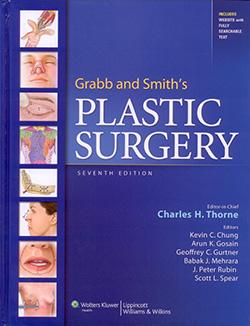
Deep Plane Facelift has become a hot topic in facial rejuvenation, and many patients are asking what makes it distinct from other facelift techniques. Is it truly a revolutionary approach or just a new spin on established methods? Could it be better than a traditional facelift for a more natural-looking result? And are there patients for whom a deep plane facelift might not be the best choice? This article will answer these questions and clarify what the deep plane facelift really entails. Everyone wants a youthful yet natural look, and understanding facelift techniques can help you see how the right approach contributes to that goal.
Read moreDeep Plane Facelift: What Is It and How Is It Different?

Of course there are patients who don’t receive the benefit they were looking for from a facelift (either because they had unreasonable expectations or the surgeon promised more than was possible) and there are patients who experience surgical complications, but a truly “botched” procedure where the surgeon did something incompetent is pretty rare. In this piece we’ll explore the different issues that might make a facelift patient unhappy including situations where the surgeon may have done too much or too little. Finally, facelifts don’t last forever so some patients may be unhappy because the beneficial effects from a facelift are starting to loosen up and disappear.

Cosmetic surgery on the eyelids is usually gratifying for the patient and the surgeon, especially on the upper eyelids. Like any procedure, there are times when blepharoplasty does not go as planned or does not yield the desired satisfaction for the patient. A botched eyelid surgery, where the surgeon has actually done something wrong, is rare but would also be an indication for revision blepharoplasty.

Do you notice excess skin in the upper eyelids so your eyelid skin is literally resting on your eyelashes!? Or do you have sagging upper eyelids so the edge of the upper lid where the lashes emerge is covering part of your pupil?
You might benefit from an upper lid lift (blepharoplasty) or you might need to raise the margin of your eyelid so you can see better, or you might need both!

Do your eyes look or feel weird after blepharoplasty (cosmetic eyelid surgery)? An eyelid lift or blepharoplasty can rejuvenate your appearance. However, the eyelids are very delicate and complications from eyelid surgery are often difficult to repair. When can revision blepharoplasty be performed? How does surgery on the upper eyelids differ from surgery on the lower eyelids?

Dr. Thorne is the Editor-in-Chief and the author of several chapters in Grabb and Smith's PLASTIC SURGERY, 7th Edition.
